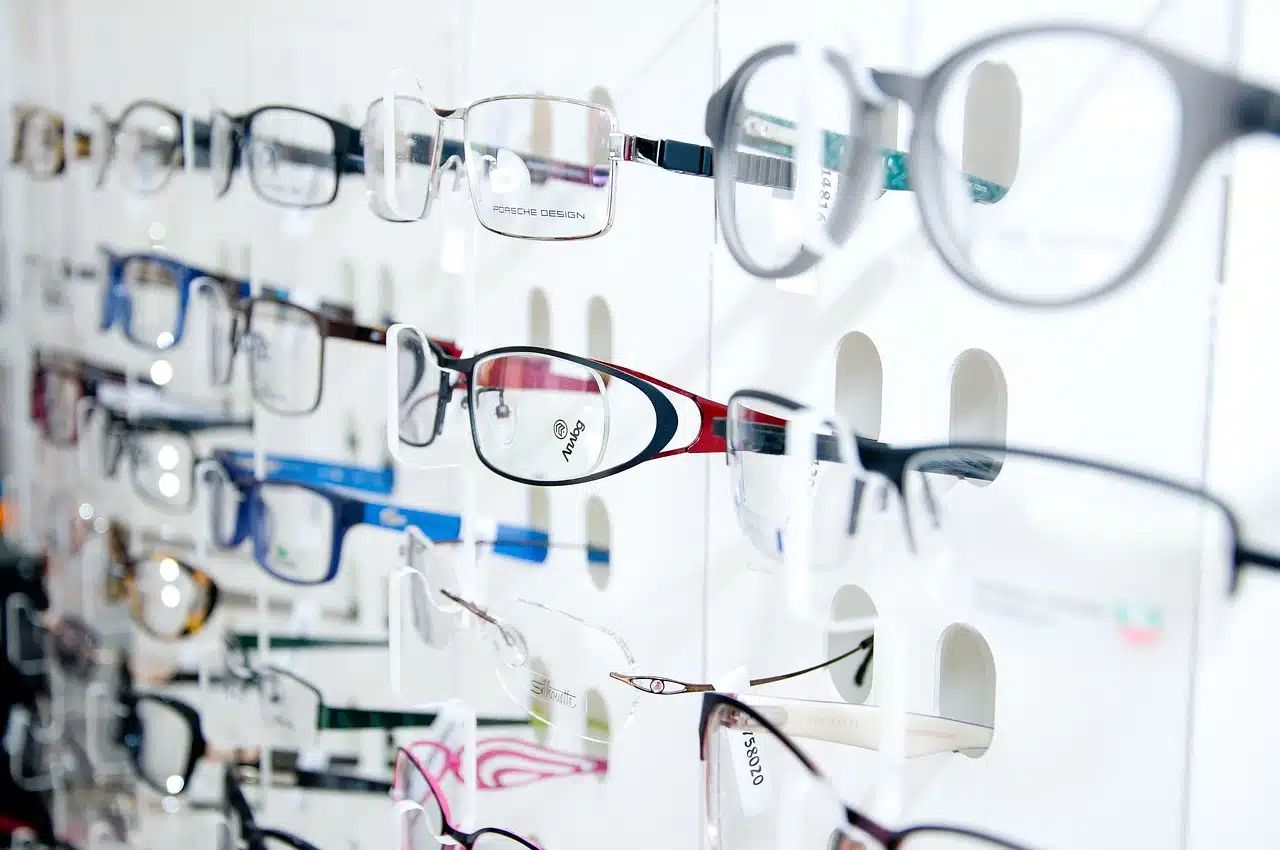
The idea of optics can refer to different issues related to vision.
Optics is the branch of physics that analyzes the characteristics and properties of light, studying how it behaves and manifests itself. Reflection (the modification that occurs in the direction of a ray on the surface that separates two media, which causes it to return to the starting point), refraction (the alteration of direction when the ray leaves a medium and passes to another) and diffraction (the apparent curve and separation of light when it encounters a barrier) are some of the phenomena studied by this discipline.
Optics also refers to everything that is linked to vision . An optician can be a store dedicated to selling products such as glasses, whether magnifying or sunglasses, or a person who has a degree that qualifies him or her to work in this sector. Optics is, on the other hand, the technique of making lenses and other devices that allow people with conditions such as astigmatism or myopia to see better.
The world of consumption is organized around people who have all their senses active. From the home appliance market, where the television is one of the most popular products and where companies focus the most when it comes to advertising, to entertainment trends, to be part of society it is necessary to see, hear and, preferably, have all our members. Unfortunately, the most feasible solution to this situation is not to point towards a non-exclusive reality , but to try to "cure" people who have any type of disability .
Optics and blindness
Blindness , for example, can arise from different causes; In the case of retinal atrophy, its cells undergo degeneration and make it more sensitive to light. This type of disorder can be hereditary or arise spontaneously throughout life. In Germany , a group of scientists from the University of Tübingen has been working for the last few years on an implant that could restore sight to those suffering from this particular disease.
When talking about recovering vision, phrases such as "improving lifestyle" or "finally accessing a normal life" are often used. However, not many stop to think about the obstacles that someone who lost their sight at age 5 or, worse still, a person who could never see, would have to go through.
For those who do not suffer from it, blindness is comparable to nothingness, in that it represents a concept that is impossible to understand practically; Anyone with moderately healthy vision cannot imagine what it feels like to see nothing, to have to rely on the other senses to perform any task, including reading. Going from that state to a constant confrontation with proportions, depth, colors, shapes, gestures, distances, sizes, having to learn to understand the world like a newborn baby, is not an easy or tempting task.

A store dedicated to the sale of glasses is called an optician.
Other uses of the term
An optical illusion is a phenomenon that occurs when our vision captures what is real in a wrong or false way. This can be carried out for cognitive reasons (when the culture and knowledge of different subjects mean that an image can be interpreted in different ways) or physiological reasons (such as what happens when a very powerful lighting source dazzles the observer).
In everyday language, finally, optics can be a person's particular vision of a topic : “From my perspective, the decision made by the judge was the correct one,” “Everyone thought that it was a great opportunity to the company, but the manager had a different perspective and preferred not to sign the agreement.”
